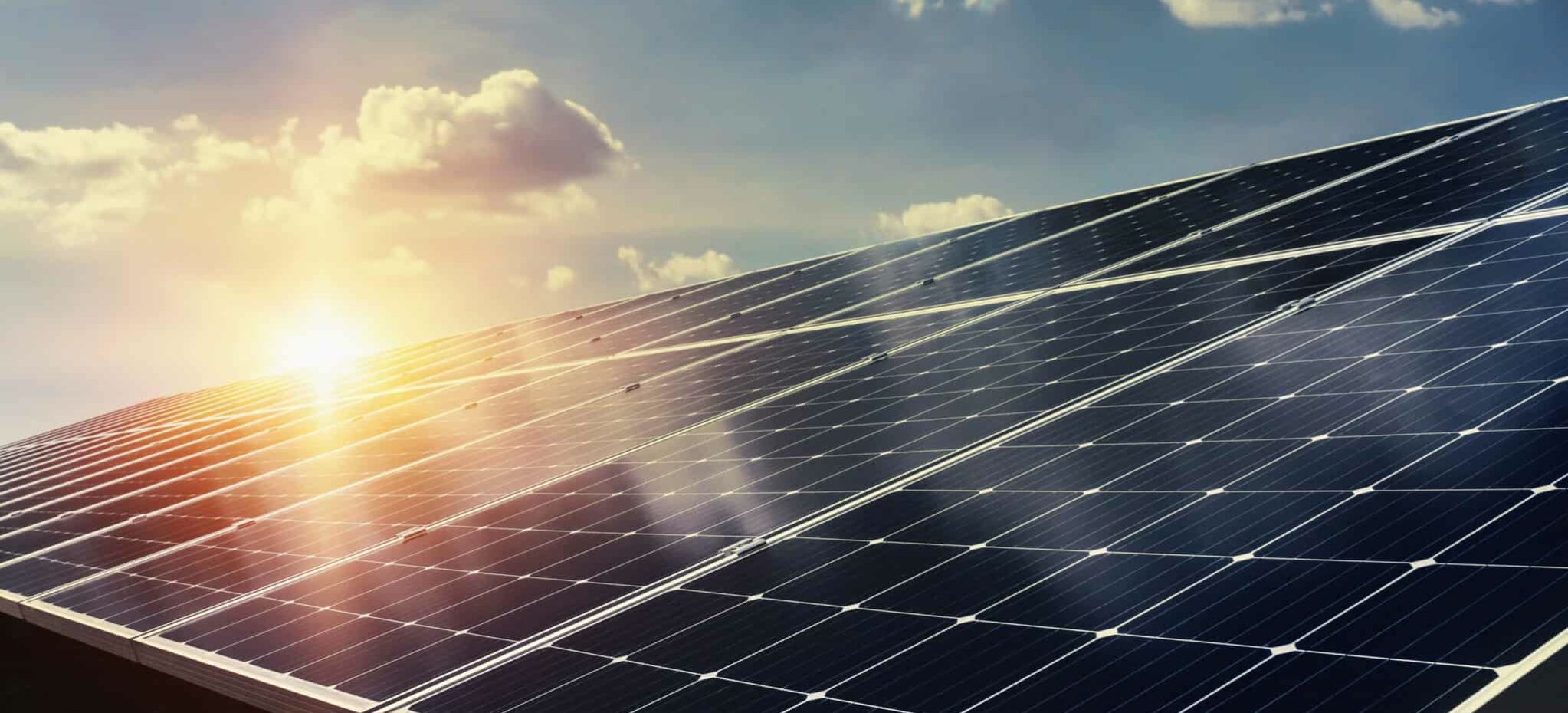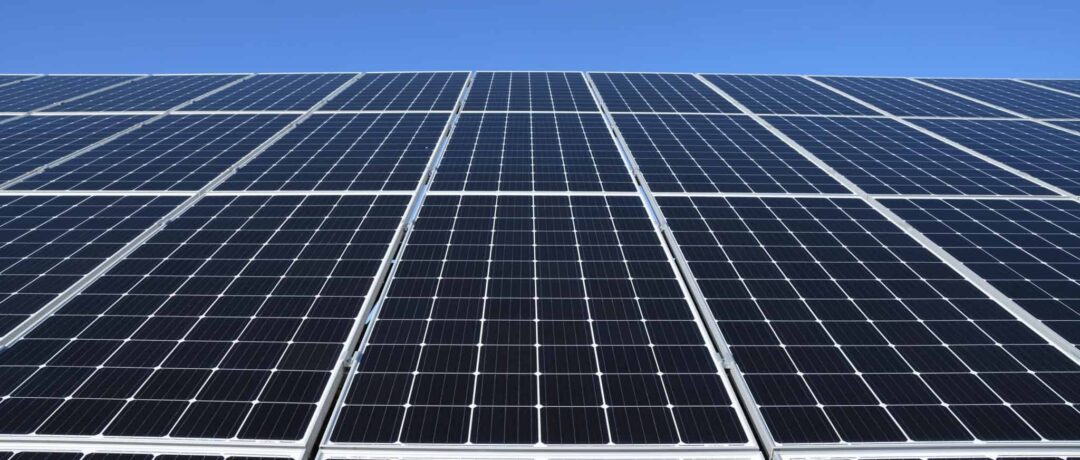Are your rooftop and backyard often sun kissed? If you’re this lucky, finding а perfect place for solar panels won’t be an issue for you. But you might be wondering what happens when the sun’s not around. Is there a backup source of solar power on rainy days, or do your solar panels get a rainy day off?
How Do Solar Panels Work on Sunny Days?
Sunbeams are the driving force of solar panels. When a photon coming from the sun reaches the solar panel cell, the electrons break free from their atoms. Inside the solar panel, a positively and a negatively charged silicon layer create an electric field. This electric field moves the loose electrons around, forming an electrical current.
Later on, a solar inverter converts this DC into AC. In other words, that’s when you’re finally able to use your electricity. But the boiling sun isn’t necessarily a precondition for generating solar power, as you’ll see. Instead, solar panels can generate different amounts of power, depending on the weather.
As it goes, a clear sunny day is ideal for your solar panels. That’s why it’s best to install them on a rooftop where they would get enough sunlight. But it may come as a surprise that extremely hot weather can slow down their productivity. At higher temperatures, your solar panels will generate less voltage and, therefore, less electricity.
This seemingly paradoxical occurrence happens due to the difference between the heat coming from the sun and sunlight. What happens on less sunny days when there are no direct sunbeams to neither heat nor light up the panels?
Do Solar Panels Work When There’s No Sun?
Even on the cloudiest of days, the sun’s still hiding behind the white, fluffy masses in the sky. That’s why you shouldn’t worry too much about your solar panels’ power generation on rainy days. While your busy workers might be denied direct sunlight, a little bit of sun’s still getting through. So, lucky for you, your solar panels won’t stop working.
However, getting only indirect sunlight will limit their power production. In other words, they won’t be able to generate as much electricity as they would on a clear day. As you might suspect, the difference in the amount of power lies in the density of the clouds. The thicker they are, the less sunlight your solar panels will be able to absorb.
Typically, your solar panel system will produce 30-50% of its optimum generation on cloudy days. This number gets a bit lower (10-20%) when there’s heavy rainfall. So, a few rainy days in a row would mean a lower generation of power. But does this imply that you could run out of electricity altogether?
Most certainly not because Net Metering got your back. When your system produces more electricity than you need, your meter runs backward, which costs you more. In such situations, your excess power goes to the electric grid where it gets stored. So, when your electricity production is low, you can draw your power back from this grid.
As you can see, every cloud has a silver lining. Heavy rain can even indirectly boost your solar production as it will help clean your solar panels.
Final Thoughts
If your backyard often gets bathed in sunshine, you know solar panels are the right choice for you. With enough direct sunbeams, producing electricity will be a piece of cake. But what happens on gloomy days without enough golden rays? As it goes, thick clouds and heavy rainfall can drastically decrease your power production.
Still, that doesn’t mean a few cloudy days in a row will have you run out of electricity. Thanks to net metering, your excess power gets stored in an electric grid when you don’t need it. But when you do, you’re more than free to use it. The system keeps your power for a rainy day, both literally and figuratively.
Solar Topics to Read About to Get More Familiar
Do You Have to Clean Solar Panels?
What Are the Different Types of Energy?
How Efficient Are Solar Panels?





